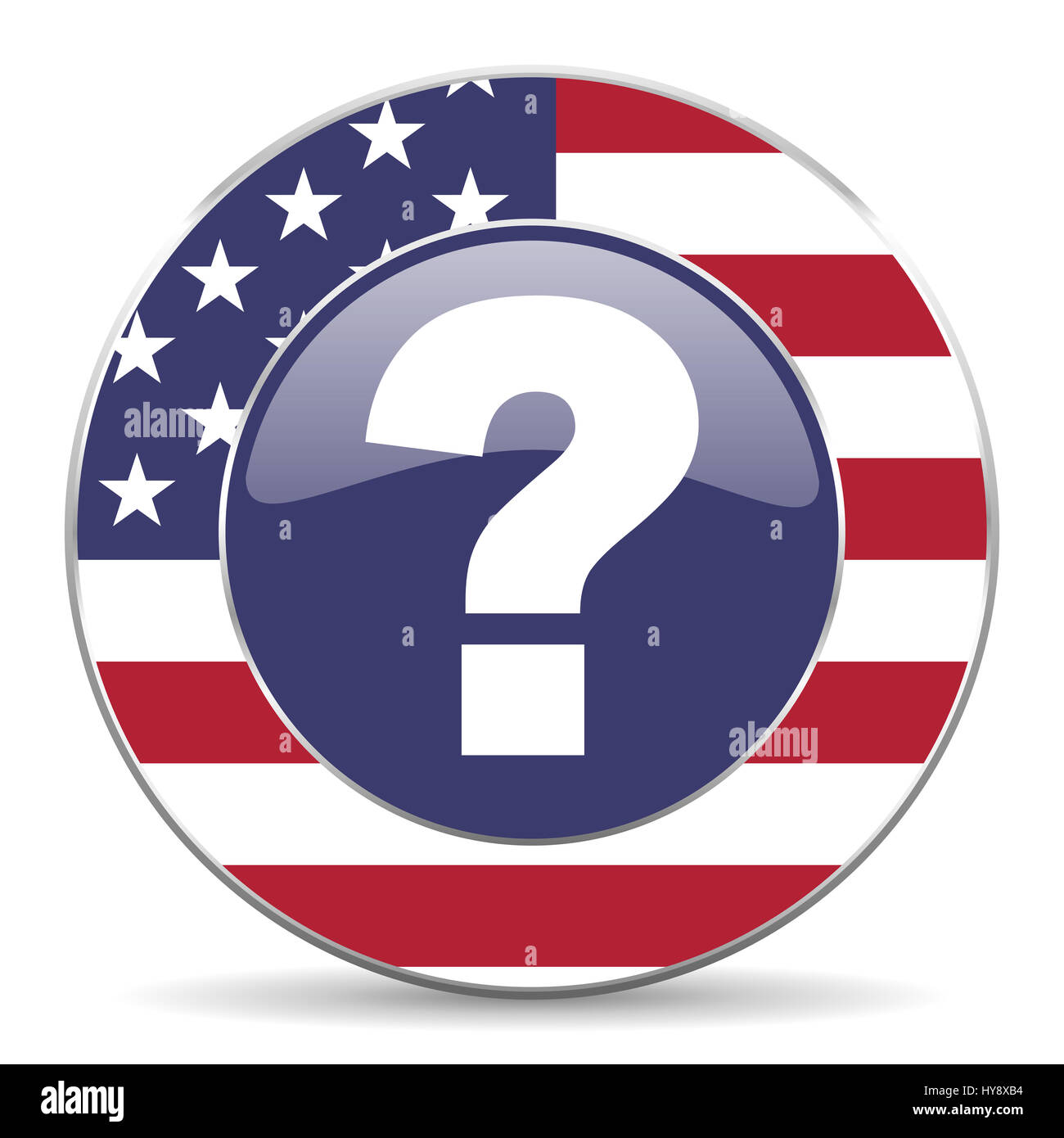Because that’s what my mother claims and I’m not sure if that’s her distorted perspective, since I heard that doctors where I was from were currupt and would get paid money if they prescribe a certain medication, which is likely the reason why there is a huge distrust in medications amongst my family.
My mother keep citing anecdotal evidence, like how one of my relatives got diagsnosed with depression and refused to take medication and “they got over” their depression, and keeps telling me medication is bad.
We came from mainland China, btw.
Is this a thing in the US? Are doctors just as evil/corrupt?


https://pmc.ncbi.nlm.nih.gov/articles/PMC11107028/ basically kickbacks screw over patients by raising end costs.
Pharmaceutical companies engage in behaviors known as product hopping, e.g. making variations to prevent revenue loss when the original drug goes generic: https://jamanetwork.com/journals/jama/article-abstract/2831386
In addition to the lobbying and wine and dine doctors get the other poster mentioned, the US is one of only two countries that allow marketing of prescription drugs to the consumer (e.g. tv ads). Insurance is also notoriously horrible. Because of how scammy everything is in the US medical system, it’s no wonder that people have stopped trusting it in the form of antivaxers, homeopathy and other quackery, etc.
Fuck. My head fucking hurts from depression and now idk what to do.
Depression is serious but probably one of the least prone to this. Generics are available for at least a dozen meds. Get diagnosed. Get on something. If you can’t afford that, some states have low or no cost health care options available. Talk therapy is also a good idea, but I know finding a provider can be difficult and expensive.
I’ve been on depression meds for decades. My experience is while they’re no magic bullet, they are worth taking - but you must take them consistently as prescribed to see the benefit from them. I’ve learned this the hard way.
They don’t make you happier on their own - that’s up to you. What they actually do is make it easier to decide not to get stuck in a downward spiral of ever-worsening depressive thoughts. Without the pill, I’d essentially wind up in a corner somewhere crying and wanting nothing else but to die. When I take it properly, I still have those depressive thoughts, but I’m no longer stuck in that “death spiral” - it’s much easier for me to say to myself “well, this is pointless - let’s move on” and actually do so. I still actually have to choose to do that, but at least I’m not so overwhelmed with despair that it becomes virtually impossible to do anymore.
The meds take several weeks to build up in your system and reach maximum effectiveness, and it doesn’t take missing all that many doses to screw that up - so consistency in taking them is very important. Also, I went through about a half-dozen different ones before I found the one that worked “well enough” for me. Although it takes something like six weeks to reach full effectiveness, there was definitely one case where I knew within two to three weeks that one of them wasn’t agreeing with me. Then there was another that was perhaps too effective - I don’t remember the details (this was decades ago) except that I described it as making me feel like a robot.
It took me a while of on-and-off trying them, but in the end it was worth it once I got both one that worked okay for me, and figured out that they weren’t the “happy pills” I was expecting. Hopefully you can benefit from my experience & learning to get to a better place much quicker than I did.
Good luck.